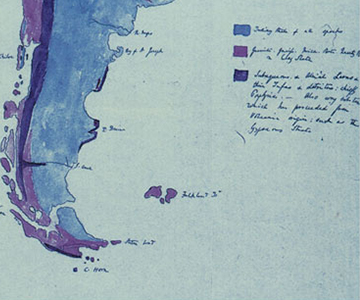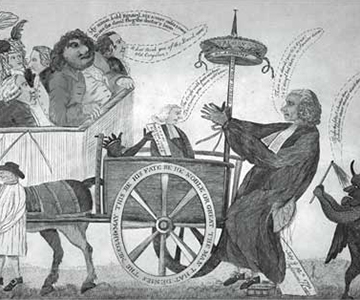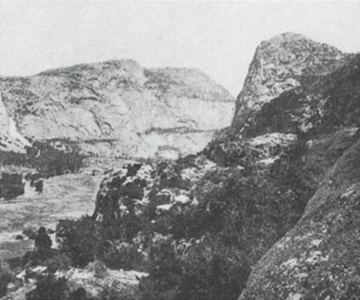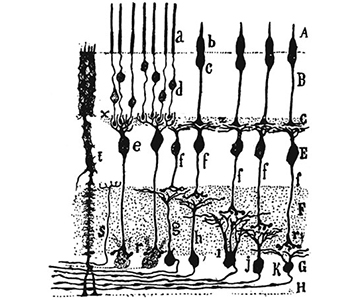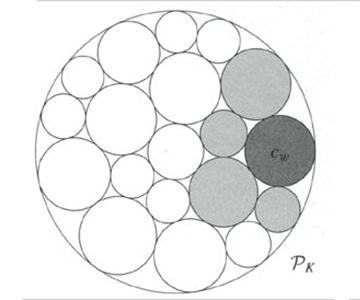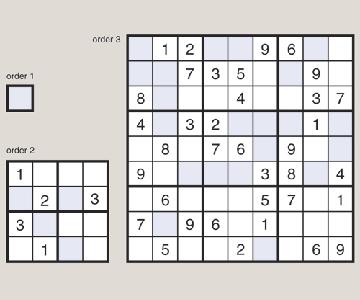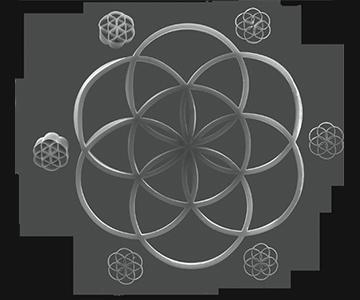Magazine
January-February 2006

January-February 2006
Volume: 94 Number: 1
A .22-caliber bullet easily penetrates a telephone directory perched on a stool, but the gunshot's effect on the surrounding environment is the photographer's actual target. Turbulence and shock waves can be revealed by specialized high-speed photography technology combined with classical imaging techniques, as Gary S. Settles describes in "High-speed Imaging of Shock Waves, Explosions and Gunshots." Here the color schlieren method uses distortions of a background pattern to capture invisible phenomena. Large-scale, high-speed images of shock waves are of use in ballistics, forensics and hardening aircraft and buildings against explosions. Other techniques, such as the direct-illumination image of a .22-caliber bullet striking a ball-point pen, can reveal shrapnel patterns from gunshots and explosions. (Photographs courtesy of Gary S. Settles.)
In This Issue
- Art
- Biology
- Chemistry
- Communications
- Computer
- Engineering
- Environment
- Evolution
- Mathematics
- Medicine
- Physics
- Policy
- Psychology
- Sociology
- Technology
First Life
Michael Russell
Evolution
Billions of years ago, deep under the ocean, the pores and pockets in minerals that surrounded warm, alkaline springs catalyzed the beginning of life
A Bright Future for Subwavelength Light Sources
Tineke Thio
Physics Technology
Generating tiny points of light for such things as storing data on optical disks is aided by a new theory involving evanescent waves
Fallout from Nuclear Weapons Tests and Cancer Risks
Steven Simon, Andre Bouville, Charles Land
Environment Policy
Exposures 50 years ago still have health implications today that will continue into the future
Ancient Lakes of the Sahara
Kevin White, David Mattingly
Environment
The Sahara was once a savannah teeming with life. The story of how the climate changed, and how humans coped, is still being unraveled
Scientists' Nightstand
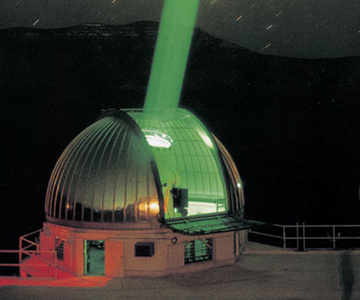
Short takes on three books
Michael Szpir, Brian Hayes, Roger Harris
Communications Review Scientists Nightstand
Great Observatories of the World, Martin Gardner's Mathematical Games and Nature Noir


